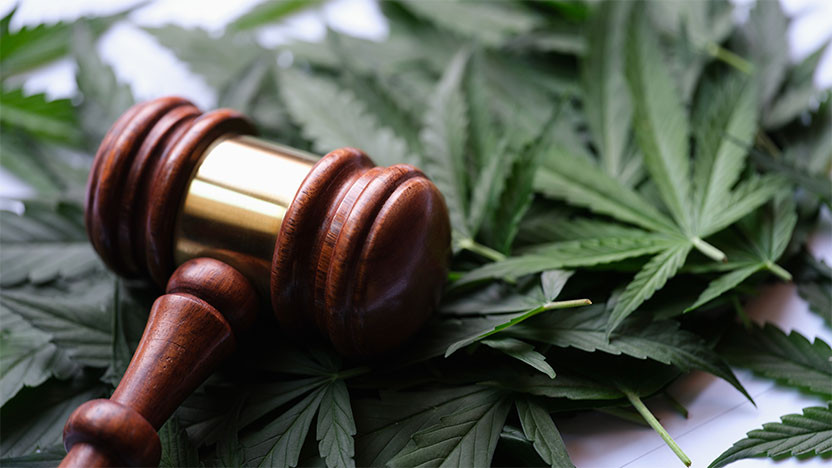A Definitive Guide To THCa Legality
6th Mar 2023
In hindsight, THCa had raised many eyebrows in terms of its legality. It is no surprise that a lot of people always have a negative connotation associated with this because it came from a cannabis plant known for its “high” sensation property. But contrary to the misconception, you won’t get high from THCa alone, unless you decarboxylate it. THCa (Tetrahydrocannabinolic acid) is the precursor to THC (tetrahydrocannabinol), the main psychoactive compound found in marijuana. You may now be questioning the THCa legality. In this definitive guide, we will shed some light on the law about THCA.
THCa and the Law
As per the Agricultural Improvement Act of 2018, known as the 2018 Farm Bill, hemp production and sale are now permitted in the US. As per enacted law, hemp is no longer listed as a controlled substance under the federal Controlled Substance Act (CSA). In essence, this indicates that it is now legal to grow, refine, and market hemp in the United States. However, this comes with one condition: hemp can only contain a THC concentration of 0.3%. To be certain that everyone is complying, the US Department of Agriculture develops testing requirements that farmers must adhere to in order to guarantee that plants contain no more than 0.3% THC.
The Legality of THCa Across States
It is important to note that the legality of THCA differs per state. For example, California has always been strict with products with THCa. These must undergo some tests and pass the labeling requirements before they are allowed to advertise to the public. In Oregon, the production and sale of THCA products are authorized as long as they contain less than 0.3% THC. Just bear in mind that this can be changed depending on legality issues. Make sure you stay up-to-date with the legal status of THCa in several states across the US.
THCa and Drug Testing
Now, how about drug testing? Can THCa be detected? While it is true that THCa is not psychoactive, it can still make your drug test positive. The reason is that some drug tests look for THC metabolites. And this can be present in THCA since it is convertible to THC once exposed to heat. It also depends on how you consume the flower. If you smoke or decarboxylate THCa flower to make edibles, it will convert to THC, therefore it will show up as THC on a drug test. So, the likelihood of testing positive for THC. Moreover, the method of consumption and individual differences can also be a factor in why it can be detected. Some can eliminate the THC metabolites in no time, while others will take time.
Final Thoughts
When it comes to consuming products with THCA, it is essential to look for brands you can be at peace with and that are approved by the law. For example, purchasing THCA flowers can be a bit challenging given the huge number of suppliers of it in the market. So, make sure you are patronizing high-quality brands. At Hemp Generation, we have a plethora of options to choose from. Contact us now for more information.

